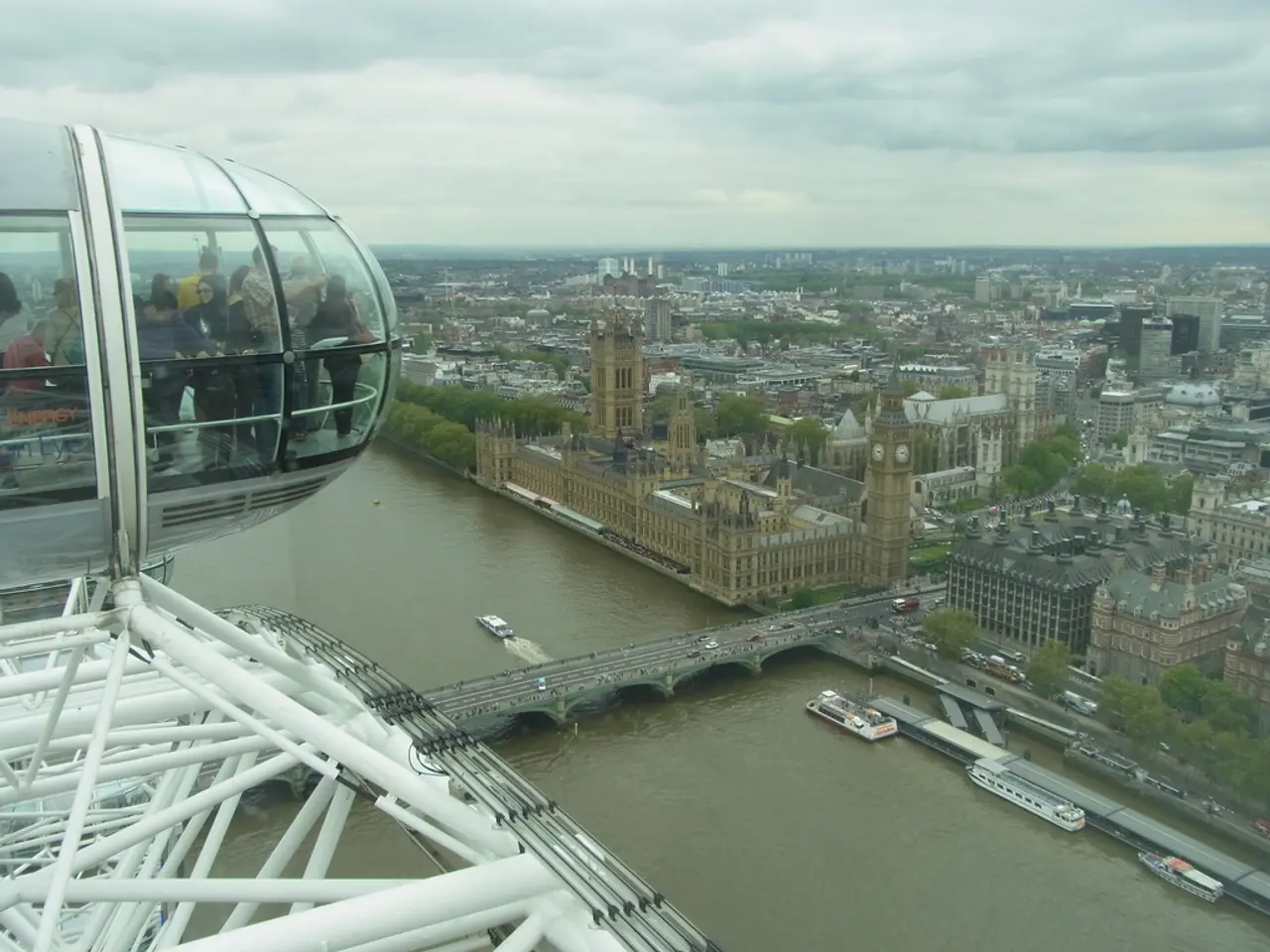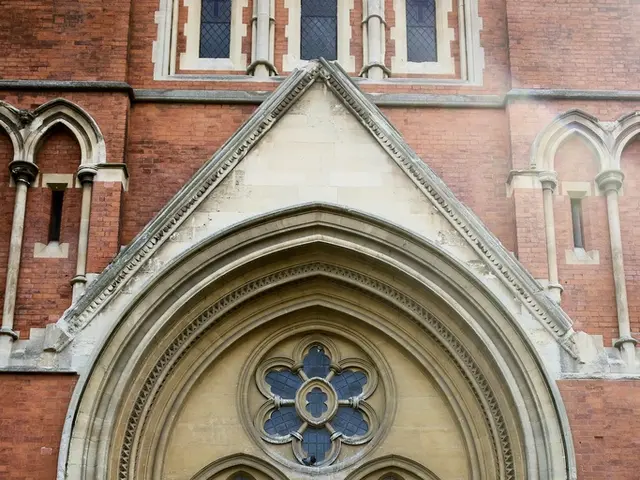United Kingdom's struggles with immigration issues
In recent years, immigration has been a dominant topic in British news, closely linked to political debates, social tensions, and security concerns. This heightened interest can be attributed to the significant influx of refugees in 2015, an event that transformed public sentiment and fuelled right-wing narratives and policies.
The issue serves as a powerful mobilising tool for political parties, sometimes based on distorted or exaggerated claims. Meanwhile, concerns about labor shortages have led to changes in immigration policies. Employers seeking to hire foreign workers in sectors facing shortages will now have to demonstrate an increase in the recruitment and skills training of the domestic workforce.
Restrictions have been imposed, including a ban on overseas students and care workers bringing dependants with them to the UK. These measures have been implemented to address concerns about potential abuse of the system, as each year, students have been staying longer in the UK.
Britain stands out as a global outlier when it comes to overall immigration. Net inward migration, which had surged post-Brexit, is now falling sharply, a phenomenon known as the 'Boriswave.' In 2024, net migration was 421,000, half the level of the previous year. This drop was the biggest one-year decline on record.
Public concern over immigration is at its highest since 1974, with almost half of Britons listing it as one of the top issues facing the UK last month. The second largest group of immigrants consists of individuals on working visas, making up 20%, with their dependants accounting for 11%.
The fall in non-EU immigration was largely due to a sharp decline in work and study visas following tougher restrictions introduced by the Conservative government in early 2024. Tighter rules are expected to further reduce net migration, with stricter restrictions on skilled workers, limiting migrants to graduate-level jobs.
In the year to June 2025, nearly half (47%) of all immigrants were individuals on student visas or their dependants. This trend, coupled with the surge in small-boat crossings from under 2,000 people a year in 2019 to 46,000 in 2022, has led to a growing recognition that the current asylum system is not effective in dealing with the world's proliferating conflicts, cheap travel, and wage disparities.
Rich countries are encouraged to collaborate and agree on a new framework that encourages refugees to remain as close as possible to their home countries. The post-Brexit experiment in liberal immigration policy in the UK has been seen as an economic success but a political failure.
Political leaders, such as Keir Starmer, are grappling with the trade-off between reducing immigration and potentially causing Britons to feel more pinched and poorer as a result. The challenges surrounding immigration are complex, and finding a balance that addresses both economic and social concerns remains a significant challenge.
Read also:
- A community of individuals navigating the same journey of infertility stands together in camaraderie
- Vibrant Correspondence Between Elena and Camilla Unveiled
- Groundbreaking Achievers of the Latino Community in 2025
- Governor Brian Kemp backs Derek Dooley in his campaign for U.S. Senate position in Georgia.








